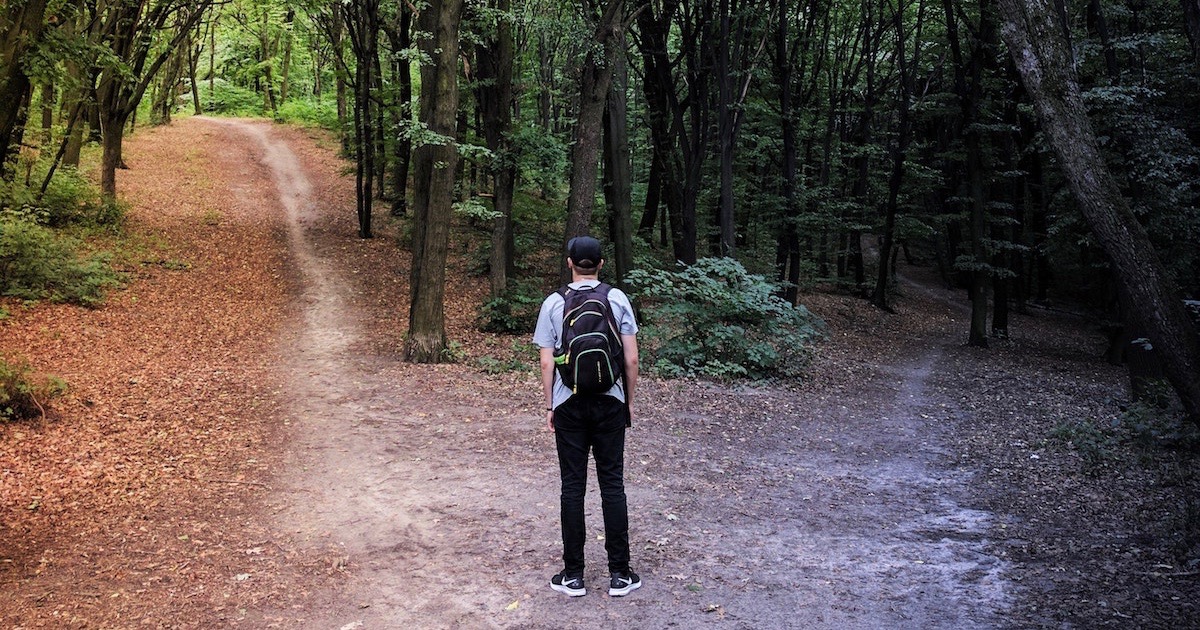 Culture & Ethics
Culture & Ethics
Jerry Coyne and the Consequences of Denying Free Will


Jerry Coyne is an atheist evolutionary biologist who denies libertarian free will. He believes that we are “biological automatons,” made of, and governed solely by, molecules, and incapable of contracausal free will. He believes that we cannot make choices that are not caused wholly by the matter in our brains and bodies. He denies the immateriality of the will.
His reasons for this denial are unsound, in my view. But that is not the focus of my post. It is the consequences of free will denial that are so profoundly troubling. Coyne correctly draws out these consequences:
There are ramifications for the justice system. I firmly believe that if we grasped that nobody, including criminals, has a “choice” in whether or not to do something, like mugging someone, we would structure the justice system differently, concentrating less on retribution and more on keeping baddies out of society, trying to reform them, and using punishment as a deterrent to improve society.
A Deeper Level
He’s right — the consequences of free will denial for our justice system are profound. But he needs to consider the ramifications on a deeper level.
Our current justice system is dependent on the acknowledgement that man can choose good or evil, in a real sense. We may be influenced by our neurotransmitters, genes, etc., but in most situations we have the genuine ability to choose good or evil. The law then is not merely or even primarily a deterrent. It is first and foremost retribution. Retribution in law is not bad. In fact, it is the cornerstone of a legal system that respects the full humanity — the genuine freedom — of citizens. If we freely choose evil, in the sense that we could have chosen otherwise, we deserve retributive punishment. A murderer deserves to be incarcerated, because he has chosen to do evil. We can choose good and evil, and are held responsible for the choice. Retributive justice is a system fit for free and responsible people.
If we deny free will, there is no justice in retribution. There is no justice in punishing a man for an act he could not elide. There is no justice in sanctioning a meat robot for being a meat robot, any more than we apply “justice” in the eradication of mosquitoes or rats.
The Danger to Humanity
In a justice system that denies free will, the only justification for punishment is deterrence, as Coyne appropriately notes. But he seems not to understand the danger a justice system based wholly on deterrence poses to humanity. Such a system is no longer a “justice” system at all; there is nothing just about punishing men for doing what they could not choose or avoid. The sole purpose of a criminal justice system in a society that denies free will is management of behavior. And management need not be merely reactive. In fact, efficient management is proactive. Management of deterministic behavior is most effective if it is preemptive.
In Coyne’s deterministic justice system, identification and interdiction of miscreants is the most effective, and if fact, the most sensible approach. Incarceration for “pre-crimes” is not unjust in a system without justice. Interdiction is efficient, in fact. Why wait for a murderer to murder before you lock him up? And a free will denier like Coyne can’t plausibly argue that such preemptive incarceration would be “unjust,” if there is no such thing as guilt or innocence anyway.
Without free will, there is no guilt and there is no innocence. There are merely animals to be managed, behavior to be modified. A society without free will is a society without responsibility or human dignity. A society without recognition of free will is a totalitarian hell predicated on behavioral interdiction. Where there is no guilt, there can be no innocence.
Photo credit: Vladislav Babienko via Unsplash.

